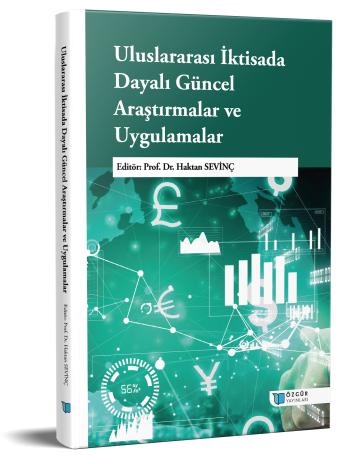
Determinants of Economic Policy Uncertainty in the U.S. Economy: Effects of Monetary Policy, Government Expenditures, and National Security
Chapter from the book:
Sevinç,
H.
(ed.)
2024.
Current Research and Applications in International Economics.
Synopsis
This study examines the effects of economic policy uncertainty (EPU) on the U.S. economy. It addresses the negative impacts of economic policy uncertainty on the decision-making processes of investors and consumers, as well as its profound effects on economic growth, employment, and overall economic stability. The research analyzes the relationships between economic policy uncertainty, monetary policy, government expenditures, and national security.
The literature review indicates that during periods of high economic policy uncertainty, economic growth slows down and unemployment rates increase. Additionally, it has been concluded that tight monetary policies can increase economic uncertainty, while loose monetary policies can reduce it. The study suggests that reducing economic uncertainty could promote economic growth and increase employment.
Data analysis reveals the statistical characteristics of economic policy uncertainty and its relationship with variables such as monetary policy, government expenditures, and national security, examining the dynamics of these variables over time. The study emphasizes that economic policy uncertainty is an important indicator for understanding its effects on macroeconomic variables. By providing policy recommendations for managing economic uncertainty, it aims to contribute to achieving economic stability.

